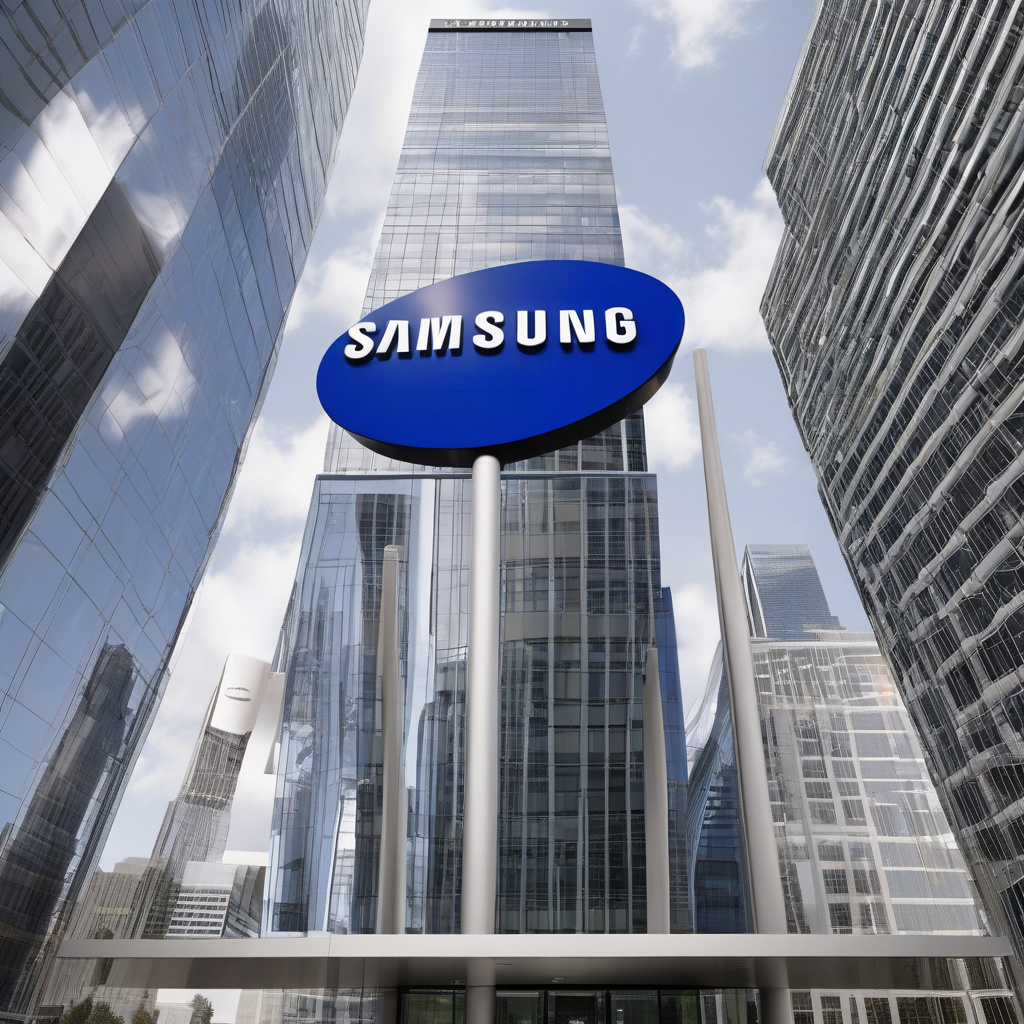Samsung Struggles as US Chip Ban Impacts AI Exports
Samsung, a global leader in technology and innovation, is facing a significant setback as its second-quarter earnings fall below analyst expectations. The South Korean tech giant has encountered a decline in profits due to weak foundry sales and export restrictions on artificial intelligence (AI) products to the United States. This unexpected turn of events has raised concerns among investors and industry experts about the company’s future performance in the ever-evolving tech landscape.
The impact of weak foundry sales on Samsung’s earnings cannot be understated. Foundry sales refer to the revenue generated from manufacturing semiconductor chips for external clients. Samsung, known for its cutting-edge semiconductor technology, has been a key player in the global foundry market. However, a slowdown in demand for chips, exacerbated by the economic uncertainties caused by the ongoing global pandemic, has led to a decrease in foundry sales for the company. This decline has directly affected Samsung’s revenue stream and overall profitability in the second quarter of the fiscal year.
In addition to the challenges posed by weak foundry sales, Samsung is also grappling with export restrictions on AI products to the United States. The US government’s ban on the export of certain AI technologies to specific countries, including China, has had a ripple effect on Samsung’s AI business. As a major player in the AI market, Samsung relies on exporting AI products to various countries, including the US, to drive revenue growth. However, the export restrictions imposed by the US have disrupted Samsung’s AI export operations, leading to a further decline in earnings for the company.
Despite these obstacles, Samsung remains optimistic about its long-term prospects. The company is actively exploring new strategies to mitigate the impact of weak foundry sales and export restrictions on its business. One such strategy involves diversifying its revenue streams by expanding into emerging technology sectors, such as 5G, Internet of Things (IoT), and electric vehicles (EVs). By investing in these high-growth areas, Samsung aims to reduce its reliance on traditional revenue sources and position itself for future success in the competitive tech industry.
Moreover, Samsung is leveraging its research and development capabilities to innovate and differentiate its product offerings in the market. The company continues to invest heavily in R&D to develop next-generation technologies and solutions that cater to evolving consumer needs. By staying at the forefront of innovation, Samsung aims to stay ahead of the competition and capture new opportunities for growth in the global tech market.
In conclusion, while Samsung’s second-quarter earnings may have fallen short of expectations due to weak foundry sales and AI export restrictions, the company remains resilient and adaptive in the face of adversity. By implementing strategic initiatives to diversify its revenue streams, invest in emerging technologies, and drive innovation through R&D, Samsung is positioning itself for long-term success in the ever-changing tech landscape.
#Samsung #TechIndustry #AI #Innovation #GlobalMarket











